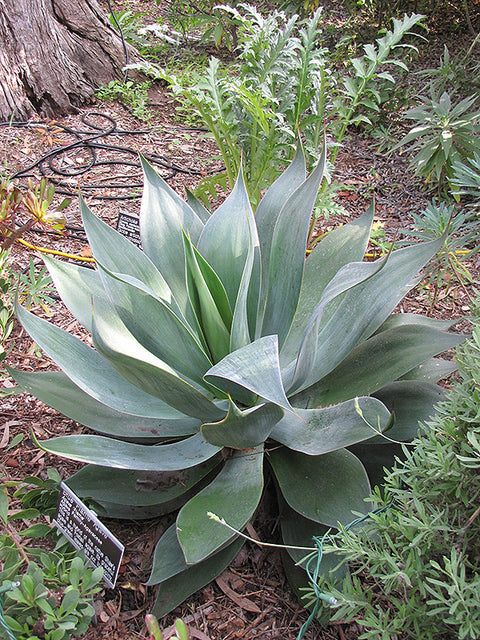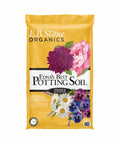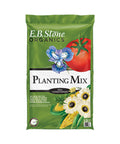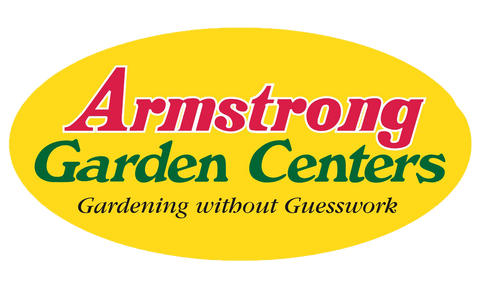Details
Blue Flame Agave is an herbaceous evergreen perennial with a more or less rounded form. Its wonderfully bold, coarse texture can be very effective in a balanced garden composition.
This plant will require occasional maintenance and upkeep, and usually looks its best without pruning, although it will tolerate pruning. Deer don't particularly care for this plant and will usually leave it alone in favor of tastier treats. Gardeners should be aware of the following characteristic(s) that may warrant special consideration:
- Suckering
- Spiny
Blue Flame Agave is recommended for the following landscape applications:
- Accent
- Rock/Alpine Gardens
- General Garden Use
- Container Planting
Features
Blue Flame Agave features bold spikes of chartreuse cup-shaped flowers rising above the foliage in late winter. Its succulent sword-like leaves remain bluish-green in color with showy blue variegation throughout the year. The fruit is not ornamentally significant.
Care
Planting & Growing
Blue Flame Agave will grow to be about 30 inches tall at maturity extending to 6 feet tall with the flowers, with a spread of 3 feet. Its foliage tends to remain dense right to the ground, not requiring facer plants in front. It grows at a slow rate, and under ideal conditions can be expected to live for approximately 10 years.
This plant should only be grown in full sunlight. It prefers dry to average moisture levels with very well-drained soil, and will often die in standing water. It is considered to be drought-tolerant, and thus makes an ideal choice for a low-water garden or xeriscape application. It is not particular as to soil pH, but grows best in poor soils. It is highly tolerant of urban pollution and will even thrive in inner city environments. This particular variety is an interspecific hybrid. It can be propagated by multiplication of the underground bulbs; however, as a cultivated variety, be aware that it may be subject to certain restrictions or prohibitions on propagation.
Blue Flame Agave is a fine choice for the garden, but it is also a good selection for planting in outdoor pots and containers. Because of its height, it is often used as a 'thriller' in the 'spiller-thriller-filler' container combination; plant it near the center of the pot, surrounded by smaller plants and those that spill over the edges. It is even sizeable enough that it can be grown alone in a suitable container. Note that when growing plants in outdoor containers and baskets, they may require more frequent waterings than they would in the yard or garden.
































